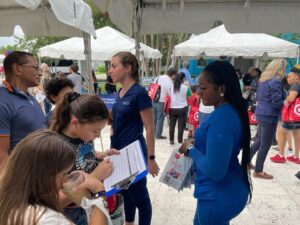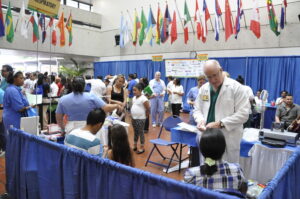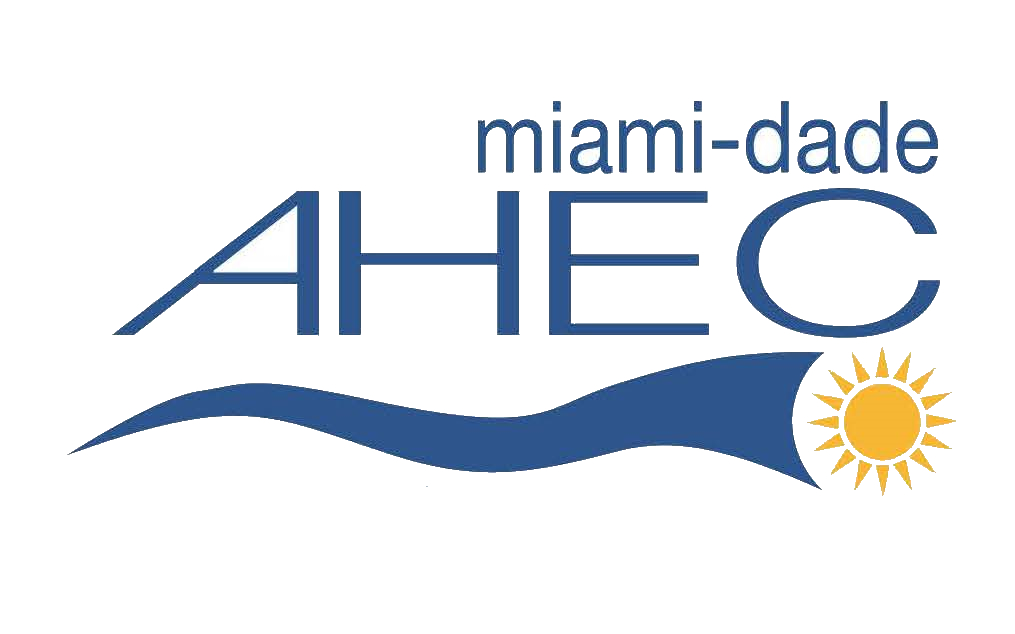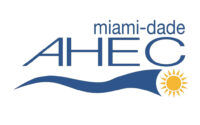COMMUNITY HEALTH WORKERS
Community health workers—also known as community health advocates, lay health educators, community health representatives, peer health promoters, community health outreach workers, and in Spanish, promotores de salud—are “community members who work almost exclusively in community settings. They serve as connectors between health care consumers and providers to promote health among groups that have traditionally lacked access to adequate health care.”(Witmer 1995, p. 1055)
One of the most important features of CHW programs is that they strengthen already existing community network ties (Israel 1985; Institute of Medicine 2002). CHWs are uniquely qualified as connectors because they live in the communities in which they work, understand what is meaningful to those communities, communicate in the language of the people, and recognize and incorporate cultural buffers (e.g., cultural identity, spiritual coping, traditional health practices) to help community members cope with stress and promote health outcomes (Wilson, Brownstein, & Blanton, 1998; Walters & Simoni 2002).
The Miami-Dade AHEC has been training CHWs for over a decade. These experiences has helped us develop programs for educating CHWs who can be deployed in health care settings with the knowledge and expertise to engage patients in community based settings and as an adjunct to clinical care.
For more information on our training programs please contact Marilyn Roman at [email protected] or 305-994-9268. We would also appreciate very much if you can fill out the brief survey below. These surveys will help us improve our programs for CHWs.
[gravityform id=”4″ name=”Community Health Worker Institute”]





